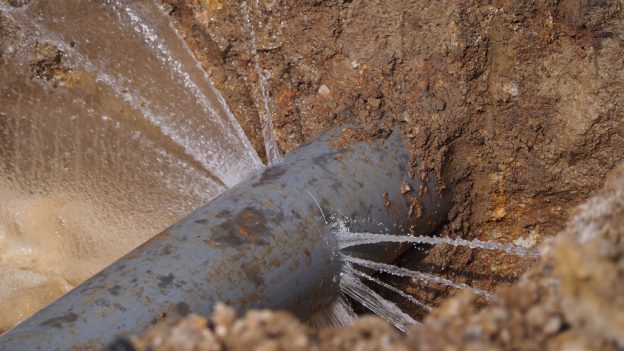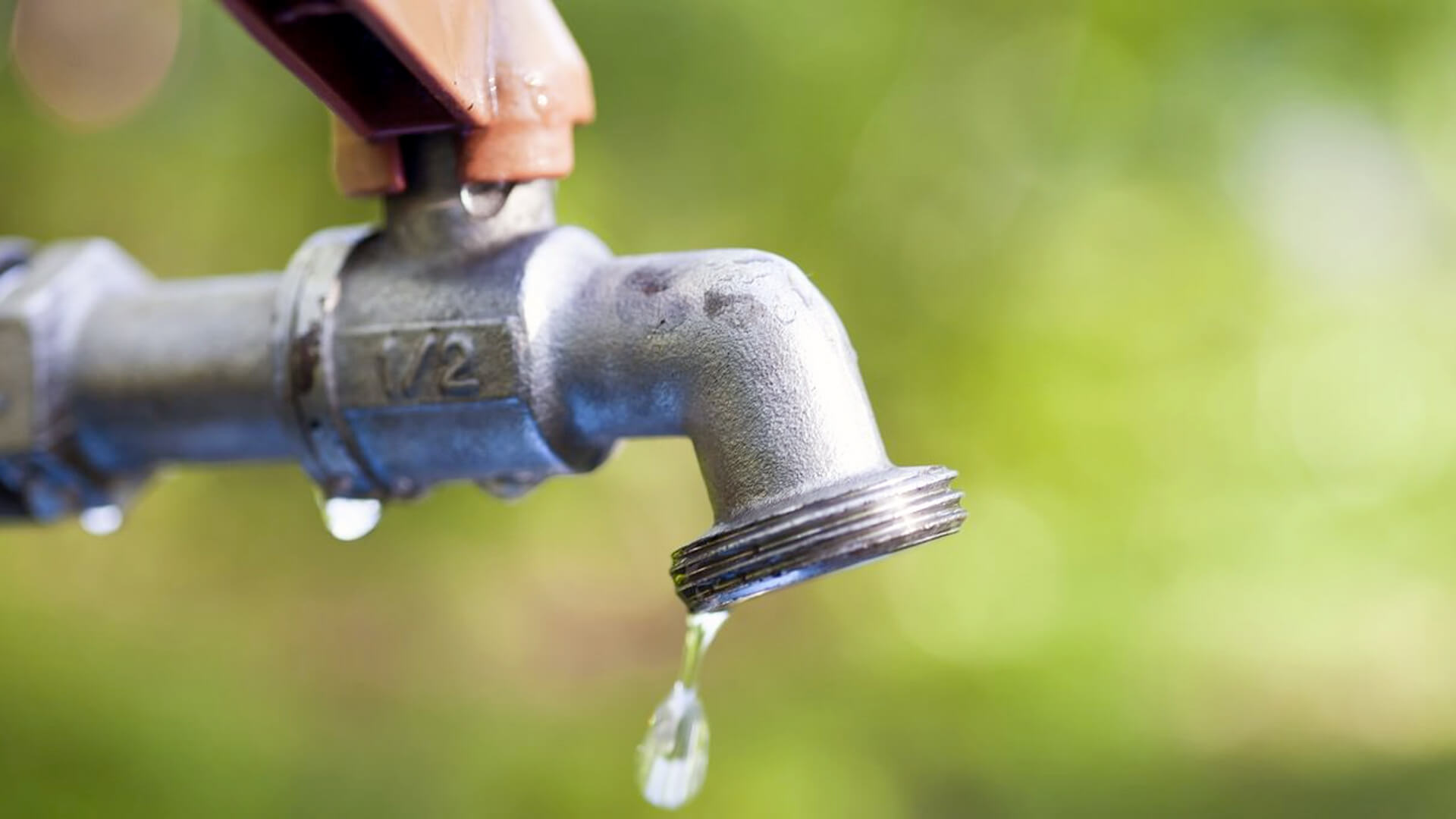5 Consistent Water Leak Causes
5 Consistent Water Leak Causes
Blog Article
We have unearthed this great article pertaining to Reasons for Water Heater Leaks directly below on the web and believe it made perfect sense to share it with you over here.

"Be cautious of little costs. A small leakage will certainly sink a wonderful ship." - Benjamin Franklin.
He couldn't have actually been much more right because water leaks in our houses cause a waste of sources, increasing our water bills. This rise may appear minimal at initially, it can lead to substantial expenditures that can damage your bank. Besides an increase in bills, water leaks additionally create undesirable natural growth, architectural damages, as well as also electric risks.
Determining if you have a water leakage isn't constantly very easy because of being not able to see a lot of the pipework in your home. Nonetheless, If you have had an increase in your water bills lately, discovered water spots on wall surfaces and ceilings, smelt poor smell, and so on. You may intend to consider asking for plumbing services to get it took a look at.
There are numerous sources of water leaks, and we have actually compiled the usual reasons below. Check to see if you have actually had associated problems in your home just recently.
Obstructed drains
Food particles, dust, and grease can cause blocked drains as well as block the passage of water in and out of your sink. If undealt with, enhanced stress within the seamless gutters can trigger an overflow as well as finish up splitting or breaking pipelines. To avoid blocked drains in your home, we advise you to stay clear of putting bits down the tubes and regular cleansing of sinks.
High water stress
You discovered your house water stress is more than normal however after that, why should you care? It's out of your control.
It would be best if you cared because your average water stress should be 60 Psi (per square inch) and also although your house's plumbing system is made to withstand 80 Psi. A boost in water pressure can put a strain on your house pipes and also result in splits, or worse, burst pipes. If you ever before observe that your house water stress is greater than typical, contact a specialist about regulating it.
Corrosion
As your pipework grows older, it gets weak and also a lot more prone to corrosion after the frequent passage of water through them, which can gnaw at pipelines and create cracks. A visible indication of deterioration in your house plumbing system is discoloration and also although this could be hard to detect because of many pipes hidden away. We encourage doing a regular checkup every couple of years and alter pipelines once they are old to make certain an audio plumbing system
Damaged pipe joints
Pipe joints are the components of our plumbing system where the pipelines connect. It is important to keep in mind that even though pipelines are designed to endure stress as well as last for a while, they weren't designed to last forever; therefore, they would weaken over time. An usual indicator of damaged pipeline joints is too much noise from taps.
Broken seals
An additional root cause of water leaks in residences is damaged seals of house appliances that make use of water, e.g., a dish washer. When such home appliances are set up, seals are set up around water connectors for easy flow of water via the machine. Thus, a broken seal can trigger leak of water when being used.
With little or no knowledge of plumbing, understanding your home's plumbing system enough to deal with some of these concerns (without effect) can be a headache. Contact plumbing professionals in Pittsburgh, Providence, Rochester, and environ today, and they'll make those issues disappear.
He couldn't have been a lot more best due to the fact that water leakages in our houses result in a waste of resources, enhancing our water costs. If you have had a boost in your water bills recently, discovered water stains on ceilings and also walls, scented poor smell, etc. An increase in water stress can put a pressure on your house pipelines and lead to cracks, or worse, burst pipelines. An additional cause of water leaks in homes is broken seals of house appliances that utilize water, e.g., a dishwashing machine. When such devices are mounted, seals are mounted around water ports for simple flow of water through the device.
5 TIPS IN DETECTING A WATER LEAK IN YOUR HOUSE
Water leaks can be hard to find in your home, yet they can be so common. We rely on water every day in our home, which is why a leak can cause big problems. By detecting them early, you can save money and further damage, getting the problem fixed as soon as possible. Here are 5 tips to help you detect a water leak in your home, so you can contact a plumber straight away and get the issue sorted.
Check your water meter
Many people underestimate the value of the water meter in their home. It can be one of the best ways to tell if you have a leak early on, so you can get on top of it before issues start arising. Start by turning off all the water in your home: taps, washing machine, dishwasher, etc. Now take a look at the meter – if it’s still changing with everything turned off, it’s likely you have a fast-flowing leak that you need to get on top of straight away. If nothing changes, then leave your meter for an hour or two and come back to it. Did it change in this time? It’s likely you have a slower leak, which isn’t as urgent but still handy to get fixed so it doesn’t become a bigger problem.
Keep an eye on your bill
Another good way to detect a leak in your home is by keeping an eye on your water bill. It helps if you have a past bill from the same period of time. You can compare like for like and determine whether your water usage has increased significantly. If it has, there may be a leak in your system that you haven’t picked up before. A professional plumber can check through all of your pipes and determine where it is coming from.
Look for damage
If you have a leak inside your home, you will notice damage over time. Take a look at your showers and bathtubs and note whether any of the tiles surrounding the area seem to be discoloured or damaged in any way. There may be water stains, mould or peeling material that has resulted from a build up of moisture over time. Make sure you take a look under sinks at the back of cupboards that don’t get accessed regularly. This is where damage can go unnoticed and build up over periods of time.

I was made aware of that write-up on How to Find and Prevent Water Leaks in Your Home from a friend on a different web address. Enjoyed reading our content? Please share it. Let someone else discover it. Thanks for your time. Don't hesitate to visit our site back soon.
Act now! Report this page